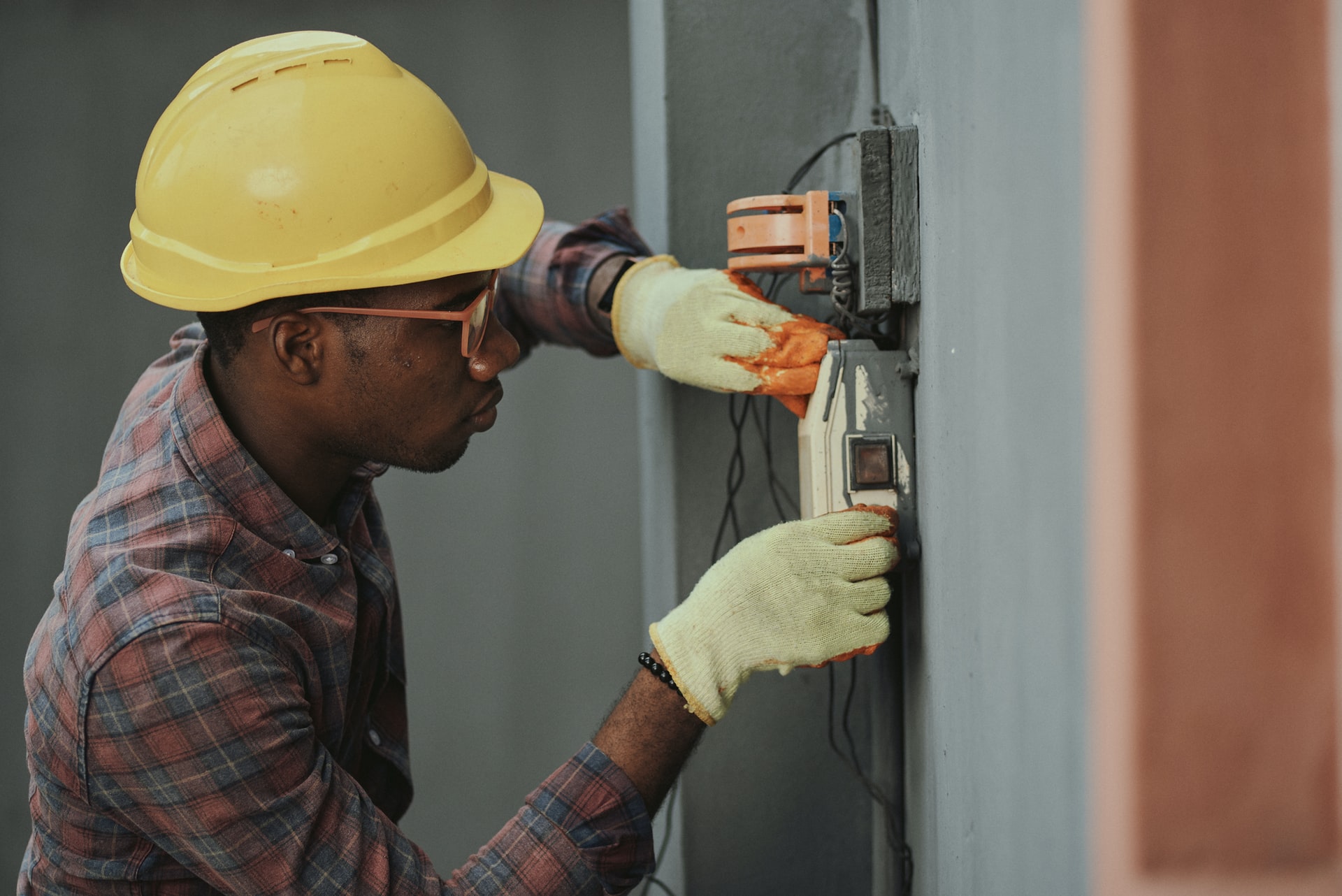Everything About PAT Testing Services
What Is A PAT Testing?
PAT Testing, or Portable Appliance Testing, is a routine inspection that ensures the electrical appliances in your home, your tenant’s home, or even your business are working properly and safely. In addition to electrical safety certificates (EICRs), PAT Tests are an important way to prevent fires or serious problems with a property’s gas systems.
While regularly conducting such tests on your electrical and gas appliances may sound like a hassle, it is of the utmost importance for the safety of your tenants or your business. Hiring a professional to do the work for you, furthermore, can make the process a simple one.
PAT Tests and UK Law
According to UK Law, the person conducting the tests must have the proper equipment, must know how to use it effectively and safely, and must also be able to properly interpret the results. While they do not legally have to be an electrician to conduct such tests on a tenants’ property, it may be best to hire one to ensure the tests, which can be dangerous if done incorrectly, are carried out properly.
While there is no legal requirement as to how often the tests are conducted in a tenants’ home, it is best to run them about once every two years, or at least every time there is a change in tenants.
PAT Testing is not obligatory; however, many landlords conduct them to ensure electrical appliances are safe to use. Many businesses, furthermore, consider it indispensable to good safety practices.
In short, it is your legal responsibility to ensure electrical appliances are safe to use, and PAT Testing can help you to do so.
Carrying out PAT Testing
There are many types of tests the electrician will conduct on various objects during PAT Testing. After a brief visual inspection to determine the overall state of the appliances, an inspector will examine them further with some of the following exams, including but not limited to the following:
- Insulation Resistance test: During this test, the tester will check to determine whether a device’s insulation (typically protecting the instrument’s “live” parts) has a sufficiently high resistance level, and that they are “isolated” from earth.
- A Touch Leakage Test: Sometimes used in place of an insulation resistance test, the touch leakage test also ensures a given device’s insulation systems are highly resistant to electric shocks. The test is sometimes conducted on appliances with switches.
- An Earth Test:This test is often used for any appliances that may be more dangerous (old devices or devices with exposed electrical parts, for example) or used more often. The test ensures the appliance is properly “earthed,” which reduces the chance of electrical shock or other related hazards.
Ultimately, there are many other tests an inspector may choose to conduct based on the nature of appliances and the electrical system used. It is important to note, furthermore, that some of these tests may require a brief suspension of electricity use at the testing site. It may be worth speaking with the inspector beforehand so that they can decide what tests are most appropriate for the devices at your home or business.
When the tests have been conducted and the results are ready, the tester will send you a report regarding the general condition of the items tested, if any items have “failed” the safety check, or if any further inspections or repairs should be done.
After results are completed, the tester will place stickers on the appliances inspected, which will state the item’s safety rating, date of test, the name of the tester, and when the item should ideally be inspected again.
How much does PAT Testing cost?
The cost of PAT Testing can vary depending on the number and state of the appliances to be tested. If you hire a professional to conduct the testing for you, expect that they will likely charge some kind of base rate for their time and knowledge (often around £50 per hour), and then a flat rate per item tested.
It is not uncommon for items to be tested in bulk. Many business owners who need a lot of items to be tested often opt for such a pricing choice, which often brings the price per item tested down to about £1. It’s worth discussing such rates with a professional beforehand to make a decision based on your needs: in general, you should plan to pay at least £1-2 per item.
If you are a landlord, keep in mind that your tenants’ personal electrical appliances are not legally your responsibility – yours in the dwelling alone are. However, it is reasonable to arrange to have these appliances tested as well, depending on your tenant’s preference. In the case of electrical safety, after all, communication is key to a peace of mind for you and all parties involved.
Call A Professional Today!
Trusting someone to conduct PAT Testing on your behalf can be stress-inducing, but we are here to make the process easier for you, your tenants, or your business.
Wherever you live, we have connections to professionals in your area who are ready to do a job well done. Check them out on MyConstructor.co.uk and receive a quote today!

